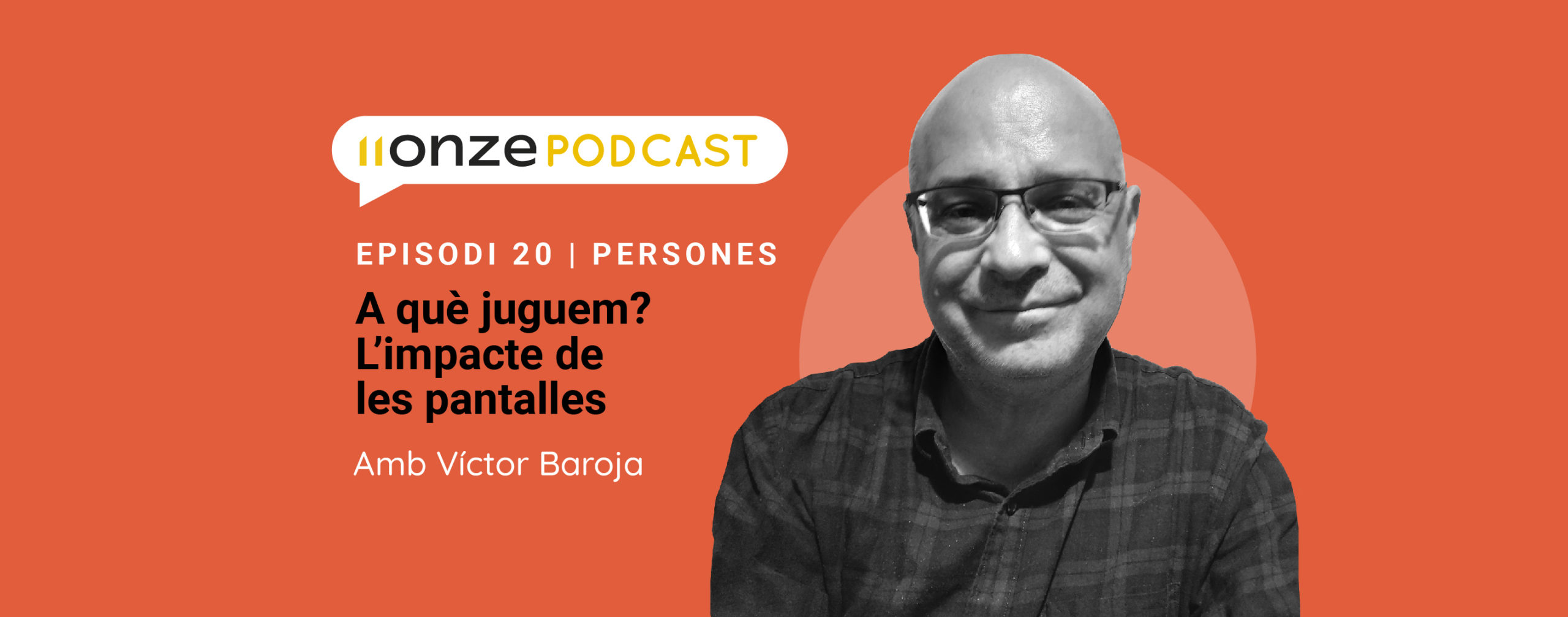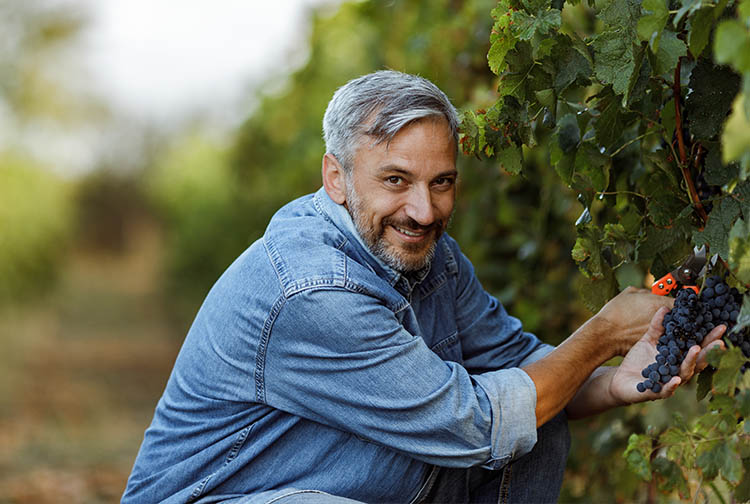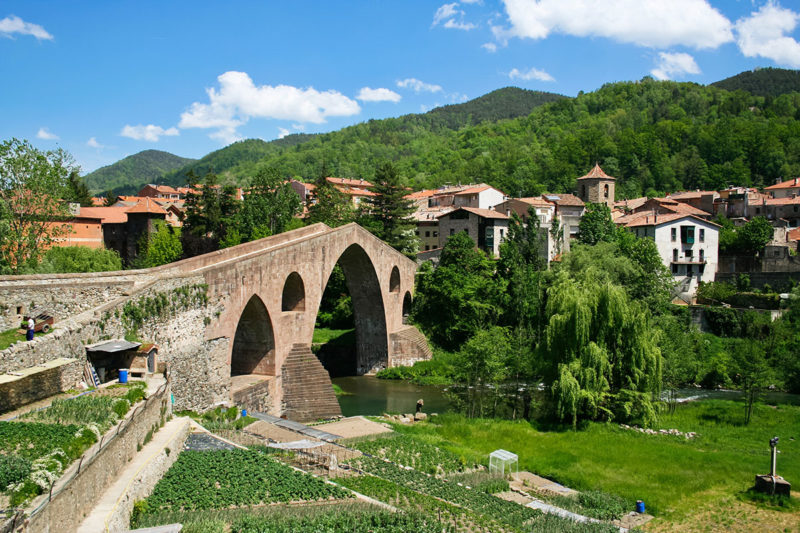

How have screens changed the way we play?
Have we forgotten to play? No. We have always played and we continue to do so, no matter how old we are. But society has changed, and now we play different things. We talked to Víctor Baroja, president of the Catalan Federation of Traditional Games and Sports, about it.
With the frenetic pace of life, have we forgotten to play? Not at all, according to Víctor Baroja: “I don’t know any child or young person who doesn’t play,” he says. Mankind has always used games as a way of relating to each other. Now we continue to do so, but in different ways. Many of the games we play today are just improved versions of those played by our ancestors.
Of course, we cannot ignore the irruption of technology in our lives. The time we used to spend gathering in squares to play with friends in the open air or enjoy board games has been affected by the simplicity and agility of screens.
Even so, can we say that screens have stolen our play time? The screen is still an instrument that has changed us on a sociological scale,” says the president of the Catalan Federation of Traditional Games and Sports. And he continues: “Our life is compartmentalised into spaces that are like bubbles, and what has happened with screens is that all our bubbles are connected with a simple click, we can go from scheduling a work meeting to playing Paraulògic in a matter of seconds.”
Vestiges of the past
Although screens, used well, are not a bad thing, “what they can never replace is the face to face, going down to a town square, the sense of touch and being surrounded by the typical sounds of community games, such as the sound of a domino hitting the table,” explains Baroja.
Not only the sounds, but also the smell of the game board when we open it to take out the pieces or the traditions surrounding the traditional games… All these are intangibles that are part of our heritage. Victor calls it the “playful memory,” which connects us with the historical past, with the generations that have preceded us, and “is the piece that makes the traditional games unique.”
The soundtrack of our games
“Sonos Ludum” is the name of the project created by the federation in order to treasure the characteristic sounds produced during traditional games: the jumping rope, the dominoes, the impact of bowling, etc.
The project aims to stimulate our sensitivity through the sounds that, despite having changed over time, continue to transport us to a point in space-time, both distant and near, where the game brings us closer together as social beings. Our desire to gather around a table to share this time of leisure and fun is still latent.
11Onze is the community fintech of Catalonia. Open an account by downloading the super app El Canut for Android or iOS and join the revolution!
Leave a Reply
You must be logged in to post a comment.






gràcies!
Gràcies a tu, Joan!!!
👍
🙏
Tot canvia i cada cop més ràpid però tmb ens adaptem molt bé! Seguim!!
Molt cert, tot va molt ràpidament a la societat d’avui en dia… Moltes gràcies pel teu comentari, Jordi!!!